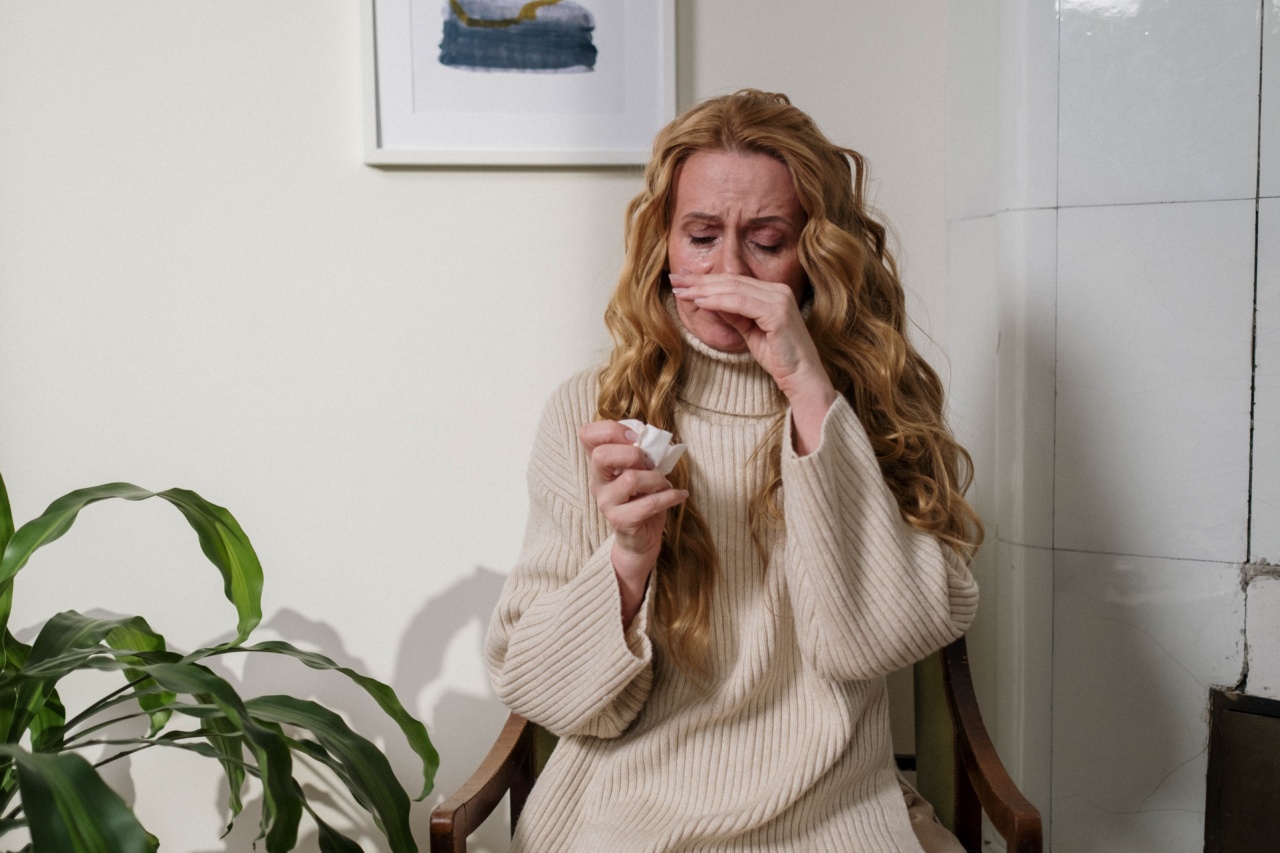Beauty has always been associated with good health and vitality. It is often said that being beautiful means you’ll never get sick.
While this statement may seem far-fetched, there are several ways in which physical attractiveness can impact one’s overall well-being. In this article, we will explore the connection between beauty and health, and whether being beautiful truly offers any protection against illnesses.
The Science Behind Beauty
Scientific research has shown that there are certain physical features that are universally perceived as beautiful across different cultures. These include symmetrical facial features, clear skin, and healthy hair.
These characteristics are often associated with good health, as they are indicators of a strong immune system and a well-functioning body. It is believed that our attraction to beauty may have evolutionary origins, as choosing a healthy and genetically compatible partner increases our chances of producing healthy offspring.
The Psychological Benefits of Beauty
Being considered beautiful can have a significant impact on one’s psychological well-being. Studies have shown that individuals who are perceived as attractive tend to have higher self-esteem and are more confident in social interactions.
This, in turn, can lead to better overall mental health and a reduced risk of developing mental illnesses such as depression and anxiety.
Beauty Standards and Society
It is important to note that beauty standards are subjective and vary across different cultures and time periods. Society’s perception of beauty is often influenced by media, advertising, and celebrity culture.
These unrealistic beauty standards can have negative consequences on individuals’ self-esteem and body image, leading to unhealthy behaviors such as disordered eating and body dysmorphia. It is crucial to promote body positivity and embrace diverse definitions of beauty to ensure the well-being of all individuals.
The Impact of Beauty on Physical Health
While being physically attractive may not provide complete immunity against illnesses, there are certain ways in which beauty can positively affect one’s physical health.
Firstly, individuals who take care of their appearance often engage in healthy lifestyle behaviors such as regular exercise, a balanced diet, and proper skincare. These habits can boost the immune system and reduce the risk of various diseases. Additionally, the confidence and self-esteem gained from feeling beautiful can motivate individuals to prioritize their health and seek necessary medical care.
Beauty as a Stress Reliever
Engaging in activities that enhance one’s beauty can also serve as a stress reliever. Pampering oneself with skincare routines, makeup application, or hair care can provide a sense of relaxation and self-care.
Stress reduction is vital for maintaining good health, as chronic stress has been linked to a range of illnesses, including cardiovascular disease and weakened immune function.
The Importance of Inner Beauty
While physical attractiveness can have its advantages, it is essential to recognize that true beauty extends beyond external appearances.
Inner beauty, characterized by qualities such as kindness, compassion, and empathy, plays a significant role in forming meaningful connections and fostering overall well-being. Emphasizing the importance of inner beauty helps create a more inclusive and supportive society, where individuals are valued for their character and actions.
The Role of Genetics
Genetics also play a significant role in determining physical attractiveness and overall health. Certain genetic factors can influence facial symmetry, skin quality, and body proportions.
However, it is important to remember that genetics are not the sole determinant of beauty or health. Environmental factors, lifestyle choices, and self-care practices all contribute to one’s overall appearance and well-being.
Maintaining Beauty and Health
While beauty and health may be interconnected, it is important to prioritize overall well-being rather than solely focusing on physical appearance.
To maintain both beauty and good health, individuals should adopt healthy lifestyle habits such as regular exercise, a balanced diet, sufficient sleep, and stress management techniques. Additionally, practicing self-love and embracing one’s unique features can contribute to a positive body image and mental well-being.
The Multifaceted Nature of Beauty
Beauty encompasses a wide range of qualities and attributes beyond external appearances. It is important to appreciate the diversity of beauty and recognize that everyone possesses unique characteristics that make them attractive in their own way.
By celebrating different forms of beauty, we can create a more inclusive and accepting society that values individuals for their inherent worth rather than conforming to societal beauty standards.
Conclusion
While being beautiful does not guarantee complete immunity against illnesses, there are several ways in which beauty can positively impact one’s overall well-being.
Physical attractiveness can boost self-esteem, improve mental health, and encourage healthy lifestyle habits. However, it is essential to promote a holistic view of beauty that emphasizes inner qualities and diversity, ensuring the well-being of all individuals.
By prioritizing both physical and mental health, one can strive for a balanced and fulfilling life, embracing beauty in all its forms.






























